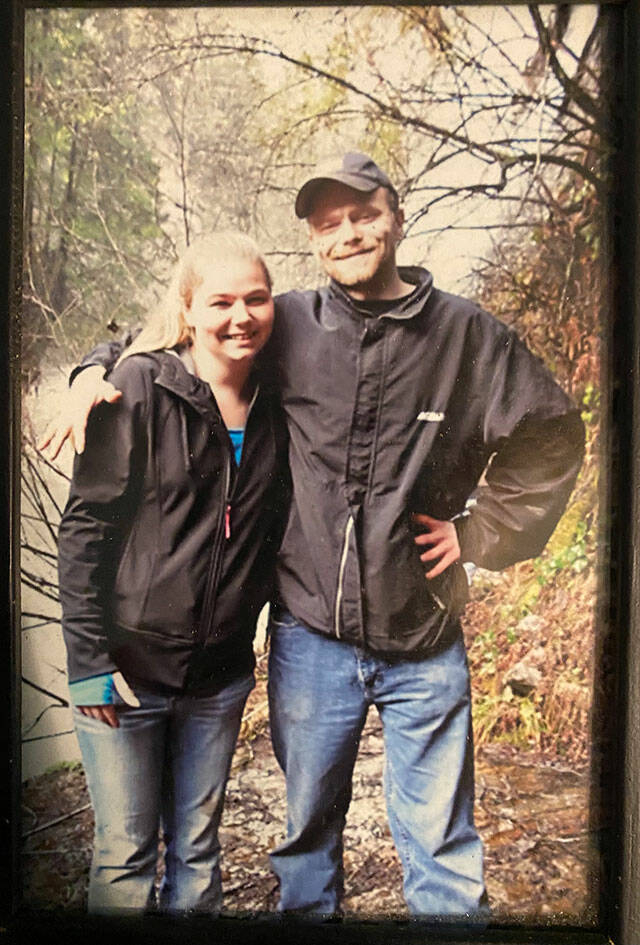King County will pay $2.5 million in a notably amicable settlement with the family of Anthony Chilcott, a Black Diamond man who was fatally shot by two deputies in Nov. 2019 after stealing a pickup truck and a pet poodle inside it.
Tony Russo, an attorney representing Chilcott’s family, and a spokesperson for the King County Prosecutor’s Office both confirmed the amount agreed in the settlement, news of which was originally reported Jan. 28 by The Seattle Times.
The settlement is an encouraging step and hopefully an indication of a “paradigm shift” in how the sheriff’s office takes responsibility for flawed interactions between officers and the public, Russo said.
During a mediation session over Zoom, interim sheriff Patti Cole-Tindall and other county representatives asked to speak directly with the family. Russo called it a “very moving,” genuine moment that helped the family feel like Chilcott’s humanity was recognized.
“I’ve been practicing law for over 45 years. I’ve done hundreds and hundreds of mediations,” Russo said. “It was one of those moments (when) you say, this doesn’t happen all the time. … They were very transparent about taking responsibility for what happened, and that was refreshing.”
In a prepared statement, Cole-Tindall — who is the interim sheriff while the county seeks a replacement for former King County Sheriff Mitzi Johanknecht — expressed optimism as well.
“It is my hope that the agreement reached this week with the family of Anthony Chilcott moves them closer to healing,” Cole-Tindall wrote. “This year brought new leadership to the King County Sheriff’s Office, and Executive Constantine and I are committed to do right by our community, and the people we serve. Every member of our team shares my pledge to partner with communities and other critical stakeholders in our review of these incidents, and prevent them from happening in the future.”
Chilcott had stolen an unlocked truck on Nov. 22, and King County sheriff’s deputies George Alvarez and Josh Lerum found him three days later on November 25. When they confronted and tried to arrest Chilcott, who was in the truck, a struggle ensued in which both deputies fired their weapons at Chilcott, killing him.
Johanknecht in April deemed the shooting justified, but concluded that detective George Alvarez made a string of “bad decisions” that unnecessarily and tragically escalated the encounter to that point.
Alvarez and Lerum were both in plain clothes and in an unmarked police car. Alvarez, who led the duo’s tactics in the encounter, should have waited for backup and surveilled Chilcott from a distance, rather than drive up next to him suddenly and escalate the situation, the sheriff found.
Alvarez’ actions that day “demonstrated a disregard for the public, (his) partner and (himself),” she wrote in firing Alvarez over the incident.
An August King County Office of Law Enforcement Oversight report went further, criticizing the Sheriff’s Office for failing to fix issues raised by a previous 2017 fatal police shooting of a Des Moines teenager by the time those issues became relevant once again in Chilcott’s death.
The Sheriff’s Office had begun reviewing its uniform policy in 2020, OLEO acknowledged, and it now requires uniforms for planned and unplanned events with some discretion remaining for plain clothes detectives.
While the recent settlement with Chilcott’s family was received warmly on both sides, Russo still maintains that Chilcott’s death was unjustified and should never have happened.


